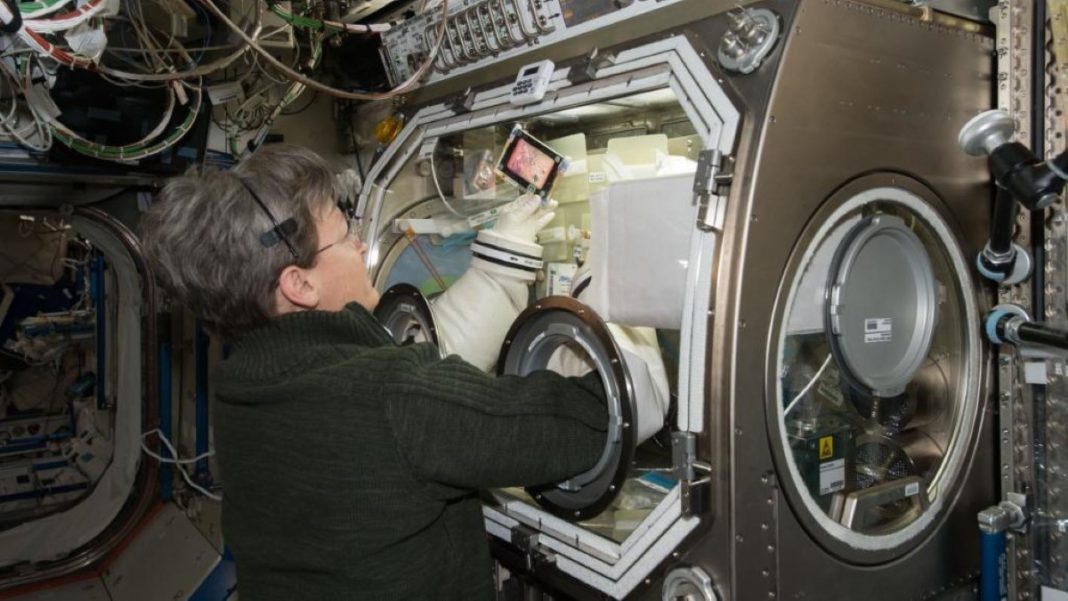UNITED STATES: Scientists plan to send induced pluripotent stem cells (iPSCs) to space to investigate the effect of microgravity on stem cells.
The iPSCs, which have the potential to develop into the three primary groups of cells that make up a human body, will be grown and cultivated on the International Space Station (ISS) by astronauts aboard the Axiom Space’s private Ax-2 mission.
The mission will launch on May 21 from Kennedy Space Center in Florida. The research will determine whether microgravity impacts how iPSCs develop into other cell types, like heart and brain cells.
The study is fascinating to Cedars-Sinai, as they aim to mass-produce the cells to discover new drugs to improve heart function.
Microgravity could help researchers overcome some limitations when producing these stem cells on Earth due to gravitational effects that can restrict their growth.
By sending them to space, the researchers will test whether cells grow faster, present fewer genetic mutations, and remain in their versatile pluripotent state.
The Cedars-Sinai team will arrive at Kennedy Space Center a week before the launch to prepare the stem cells and load them onto the Dragon spacecraft.
The Ax-2 crew will launch in the Dragon Craft atop a SpaceX Falcon 9 rocket. This mission, which will last just a week, will pave the way for future missions that will test the ability of stem cells to divide and take up DNA during spaceflight.
The study results could affect disease modelling, tailored treatments, and drug discovery. Axiom Space is a private astronaut training and mission management provider based in Houston, Texas. It aims to “provide universal access to low Earth orbit so that innovators, governments, and individuals can do the same.”
Ax-2 will be the second mission that Axiom Space has organized and operated aboard the ISS. The first, Ax-1, launched in April 2022, sending four private astronauts to the orbital laboratory.
The ground-breaking research promises to offer exciting new insights into the impact of microgravity on human cells and could lead to significant advancements in regenerative medicine.
Also Read: MPs to Probe into Met Police Protestors’ Arrests Made During Coronation



